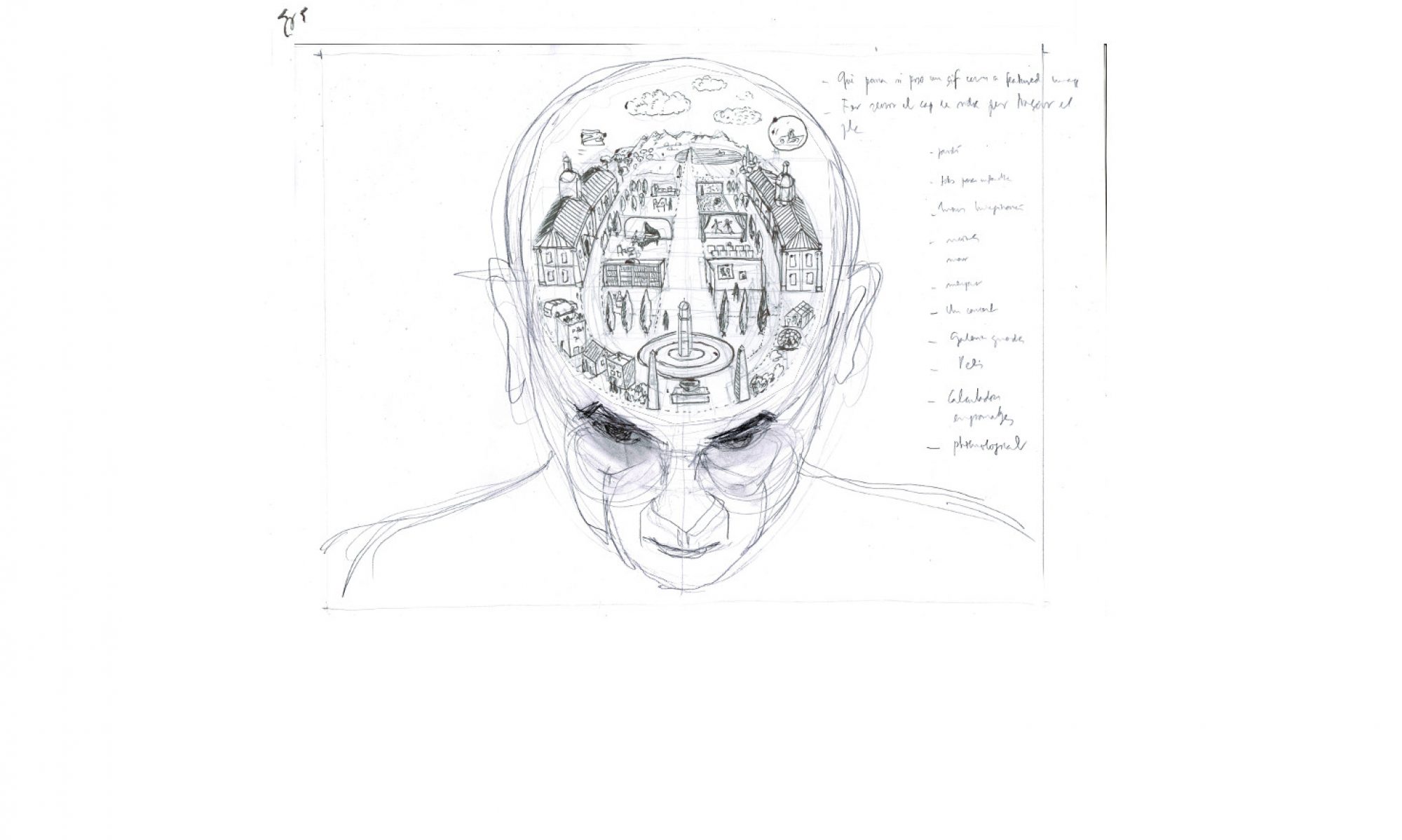Auden returns to a single theme: the reconciliation of the Christian idea that salvation depends on indiscriminate universal love, exploding categories and communities, with the classical idea that only small circles of friends and lovers can console us for the world’s evil. All the essays (and poems, too) might be gathered under a single heading: How to Love All Mankind, While Politely Keeping It Out of Your Garden.
His Christianity offered, in contrast, no lost age of authority but a series of visionary moments—those Blakean moments when we intimate an order and numinousness in the universe which implies a divine order. (Edmund Wilson dismissed Auden’s faith, not entirely unfairly, as “the mythology and animism of childhood.”) Again and again, his “vision” is one of remembered grace. “We are always entering paradise but only for a moment,” he wrote.
